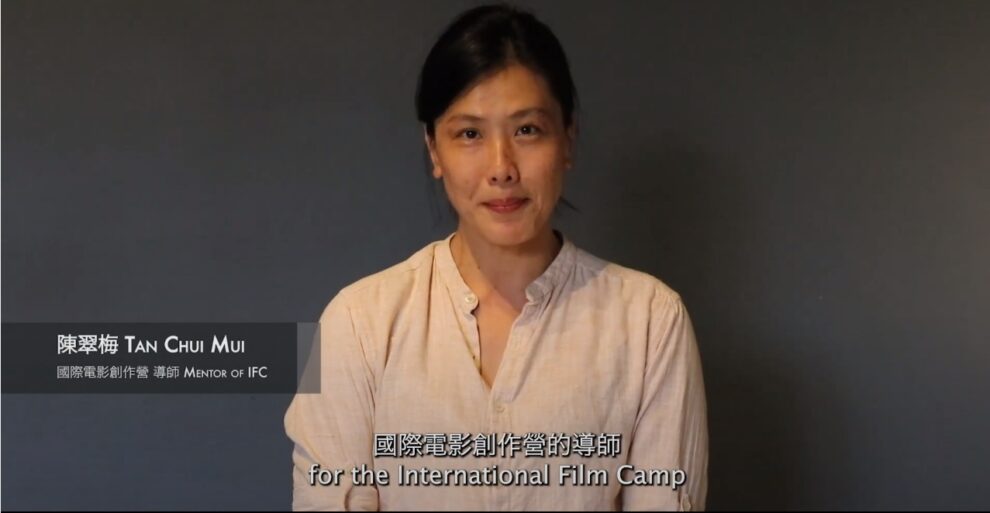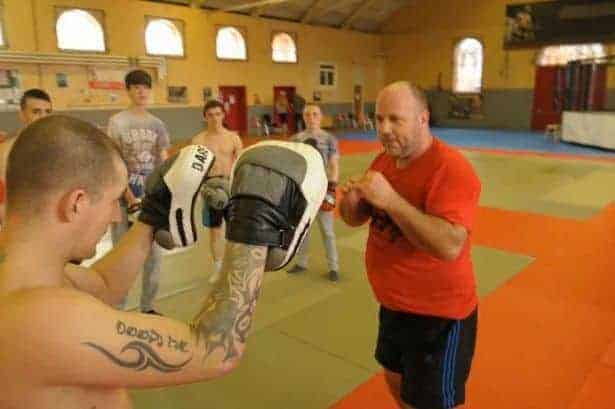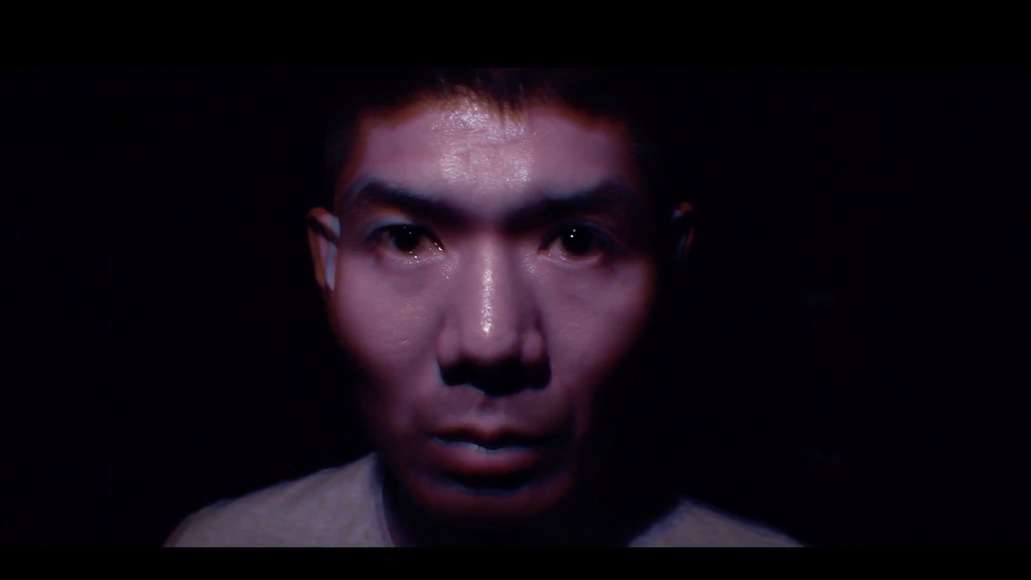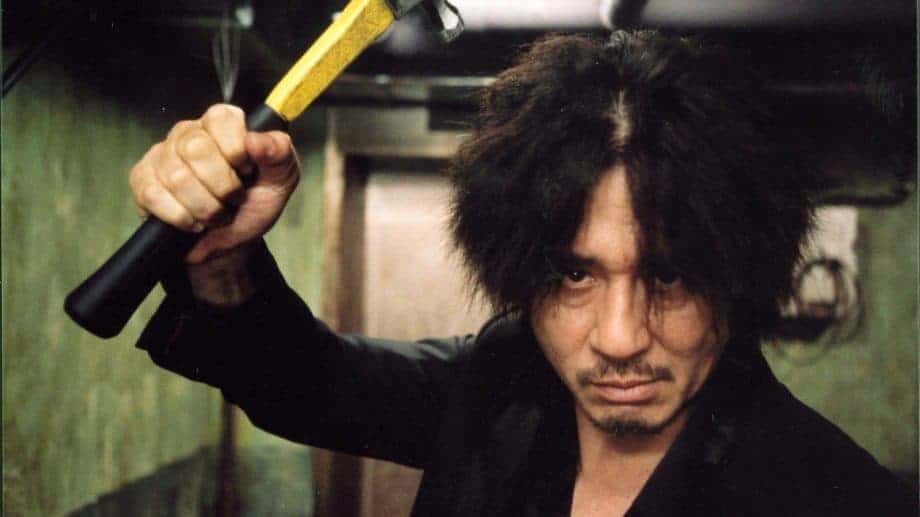At the age of 5, Tan Chui Mui made a small wooden stool. At 8, she drove a pick up truck onto a column. At 9, she printed a children's magazine. At 12, she finished reading an Encyclopedia. At 17, she had a column in a student weekly paper. At 21, she received a computer animation degree. At 27, she made her first film Love Conquers All. At 38, she gave birth to a child. At 41, she decided to learn martial arts.
Tan Chui Mui was born in Kuantan, Malaysia in 1978. Her film Love Conquers All (2006) won the New Currents Awards and FIPRESCI International Critics' Award at the Busan International Film Festival and won Tiger Award at the Rotterdam International Film Festival. Also, her film Everyday Everyday (2009) won the top prize at the Clermont-Ferrand International Short Film Festival. She was invited to the Cannes Cinefondation Residency, and she was a mentor for many filmmaking workshops. In 2015, she initiated Next New Wave, a brand under NNW Films to design and organize filmmaking related workshop, aims to provide young film talents in Malaysia a platform to learn directly from renowned filmmakers in the region. In 2017, she started SeaShorts, a film festival that focuses on showing Southeast Asian short films. Her recent film Barbarian Invasion (2021) won the Jury Grand Prix of Golden Goblet Awards at the Shanghai International Film Festival.
On the occasion of her participation as mentor at the 2024 Hong Kong International Film Camp, we talk to her about her role and the camp itself, teaching cinema, the level of students-filmmakers in Asia, SeaShorts Film Festival, Malaysian cinema and her future projects.
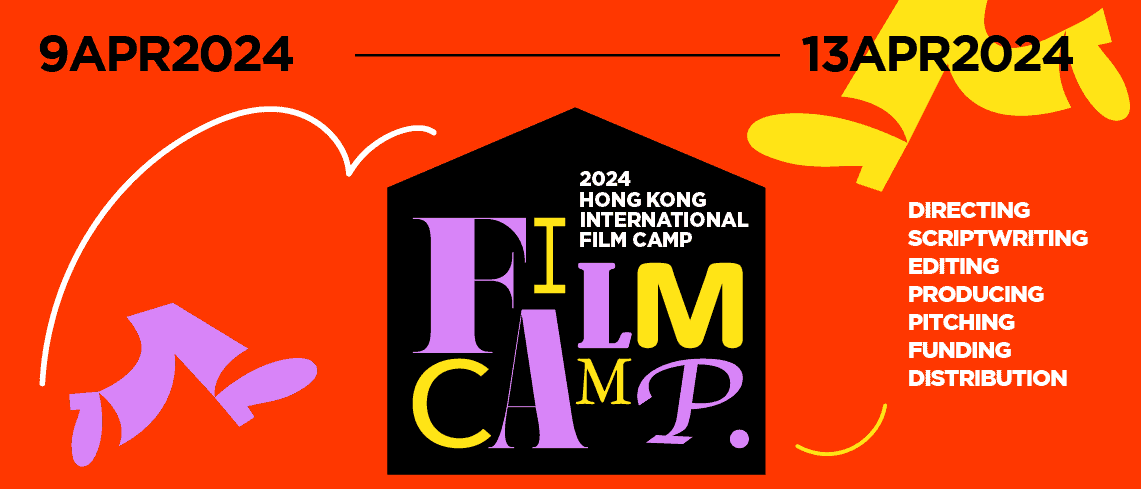
Tell us a bit about the International Film Camp and your role in it. Why did you decide to participate in the specific one?
The aim of IFC is to help nurture and encourage the next generation of Asian filmmakers, especially in a changing environment. At the end of the Film Camp, the IFC will end with a pitching session where the 16 filmmakers will compete for eight production grants of HKD 300,000 each, to make their short films within six months or so.
I am one of the Mentors for the IFC.
I had been to many film workshops, and although the structure of the workshops or film labs can appear to be competitive, there is always something else. Young people from all around Asia will find kinship, and often be taken by surprise in how other filmmakers from other countries, can be so much like their soul sisters or brothers. They actually find their tribe people. They actually can feel understood and appreciated. That's usually the very charming part of this sort of international camp.
What would be a successful result of the camp for you?
In the end of the day, for the participants to wish to make the short film they wanted to make, regardless whether they get the grant or not. Also to be always happy when their fellow filmmakers get the grants.
For many years now, you have been teaching and mentoring almost constantly. What is it that draws you to teaching?
I actually started teaching right after I graduated from my university. I tutored the final year of the Film and Animation students from year 2001 to 2005. And I really enjoyed the process of seeing them proposing an idea, creating the world, and finally screening it. There is magic in creating, and the students reveal themselves a lot when they are creating; there is something magical about that opening of themselves, of letting some light out.
How would you describe the level of students/filmmakers around Asia?
I had mentored two times in the Asian Film Academy in Busan International Film Festival, also two times in the Southeast Asian Film Lab. I think the general impression I had, was that the young filmmakers are too aware of film festivals, or “film festival films”.
Can you also give us some details about SeaShorts? How was the last edition and how do you expect the festival to be in the future?
I founded SeaShorts in year 2017, mainly because I think short films are important, and knowing your neighbour is important. We showed short films programs from 10 ASEAN countries. and we also had a competition for the Southeast Asian Short Films. For me, it is more like a celebration of Southeast Asian short films.
Since 2022, I passed the Festival Director part to Dain Said, a fellow filmmaker who is also an expert in Southeast Asian films.
In general, do you feel like that short films are becoming better and better as time passes? Because this is my impression.
I think we are just watching a lot more short contents now. Most of them are unoriginal, but mostly well made. I am not sure if they are better. But it is unfair because short films that I watched when I was younger, for sure left a stronger impression to me. And it is hard to see short films that feel original after we had seen so many.
What is the situation with the Malaysian film industry at the moment? It seems that 2023 was one of its best years ever with titles like Tiger Stripes, Abang Adik etc
I think more non-mainstream film are being made, which is good. There are more personal films, and also of marginal groups. You can see the diversities of the society in Malaysia.
Are you working on any new movies at the moment?
I just finished a short film and working on the post-production now. Again, trying to do something a bit different.


